Music from Crete
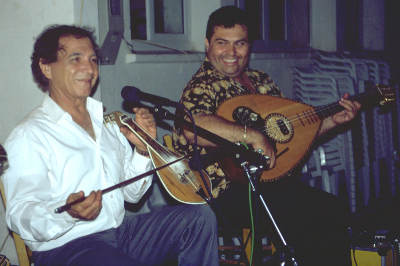
alekos polychronakis, life in armeni, summer 2000
I've been in love with cretan music for years, and I think it's something everyone seriously interested in crete should know and might really like.
This page contains some recomendations for people interested in cretan music and some photographs of cretan concerts (click on the images for larger pictures!) that I took during the last years.
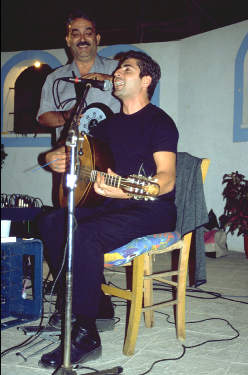
If you want to experience cretan music - LIVE! - I suggest that you visit a cretan 'glendi' (=celebration):
Instead of visiting one of those 'folkloristic evenings' they arrange for tourists (where you will rather hear greek cliche music like 'Sirtaki' and such), go to one of the mountain village celebrations they arrange in most villages in summer and early autumn: look for the advertisment-posters showing someone playing a cretan lyra (something that looks a bit like a violin) and then ask someone about the where and when if you can't read the details in greek language.
You will see people of all ages dance together until the early morning (if you have enough patience) - some of the cretan dances are really spectacular - with some good luck you'll see a group of the local danceschool (children and young people) showing what they've learned during the last season, dancing in their traditional costumes. Even if you don't know the musicians: The standard is very high, so even in a small village with limited budget an not so well known musicians you can experience great music and a lot of virtuosity. And you might be the only 'tourists' there.
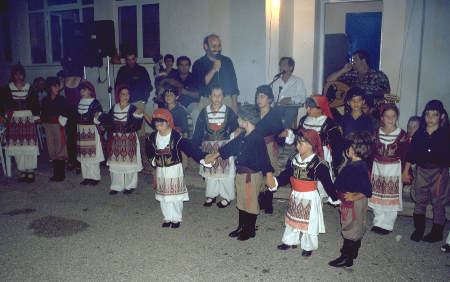
My first conscious contact with cretan music was the cretan lyra music they played in some of my favourite, not so touristic, tavernas in the early 1990ies, which to me sounded like sometimes wild, sometimes exotic, sometimes archaic solo string music, usually higly virtuous and ornamental.
My first CD of cretan music was the Rizitika CD by N. Xylouris and G.Markopuolos, which a teacher from Sitia (thank you, Thomas!) recomended to me: I had told him that I am a musician and musiclover myself looking for something 'seriously cretan'.
In the meantime I own hundrerds of CDs and Tapes of cretan music, and I can really recomend it to every real music lover.
You might like to check my music page, so you know what kind of other music I like, and how to 'interpret' my recommendations. (ah yes sorry , all my pages tend to be yeeeaaars old)
some cretan recordings I like and recommend:
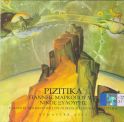
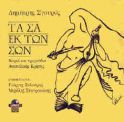

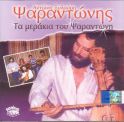
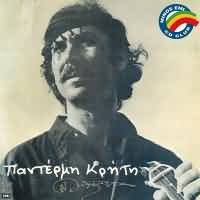
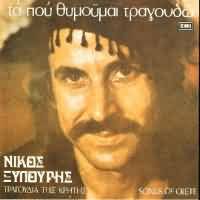
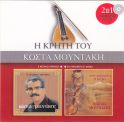
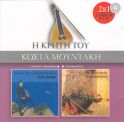
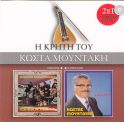
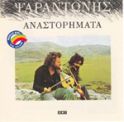
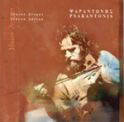
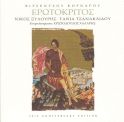
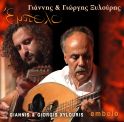
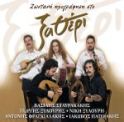

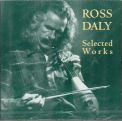

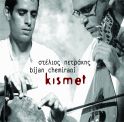
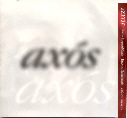
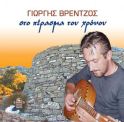
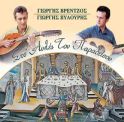

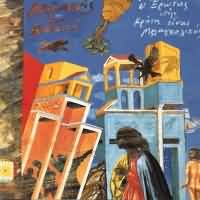


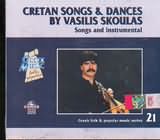
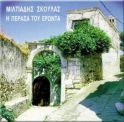
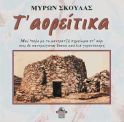
the above records are by (among others):
Nikos Xylouris: (Cretan Lyra, vocals) he died (much too early) in 1980, as the most famous cretan (and greek) singer.
He did not only play (and record) cretan music, but also some more generally greek music. I definitely prefer his cretan works, the other music does not really 'speak my language'. If you're loking for cretan recordings by N.Xylouris, be aware that most 'best of Xylouris' CDs contain mostly non-cretan material.
Ross Daly , for me one of the most fascinating musicians on this planet.
Musicians might be interested in his Labyrinth Musical Workshop, with music seminars, concerts and a music instrument museum in the cretan village Houdetsi, south of Heraklion.
'Ta Sa Ek Ton Son'(1999) by Dimitris Sgouros (with Giorgos Xylouris and Michalis Stavrakakis) an exceptionally beautiful collection of east-cretan music.
Kostas Moundakis,
Psarantonis,
Giorgos Xylouris,
Giorgos Frentsos,
Milthiades Skoulas, Loudovikos ton Anoghion,
Myron Skoulas, Vasilis Skoulas,
So, what does cretan music sound like?
Cretan music is a lot different from most other european (even other greek) folk music, much closer to modal oriental music. I prefer it when it does not use the 'functional tonality' and 'minor/major scales' of european (western) music. I particularily like the pieces where instead of a harmonic progression, the changing of the scales (kind of a 'modal modulation') is used to structure a piece. It seems the long history of changing occupators has brought a lot of different influences to
the cretan music vocabulary, but the cretans didn't completely take over any occupators music system and instead used it to create something of their own. Centruries old melodies like the famous 'erotocritos' are still 'alife' as an important part of the cretan repertoire, as well as compositions by great musicinas of the 20th century. And there are young musicians , enthusiastic to develop cretan music further.
Cretan music has it's 'standards' which work as a melodic or rythmic fundament, prototyp, or variation base. For my ears the real artistic thing is 'how' they are used/interpreted/ornamented, similar as with 'jazz standards'.
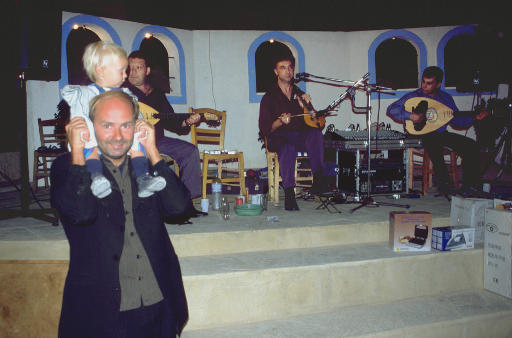
me and my doughter anina, at a concert by Stefanos Messaridakis
The lead instruments in cretan music are either (and most frequently)
- the cretan lyra or
- plucked instruments like the lauto or the mandolino;
sometimes both, an - of course - the human voice. These are often accompanied by a rythmic base made by other string instruments, often a kind of rythmic bordun; sometimes percussion, bagpipes, flutes, (my beloved) santouri etc are added as a special flavour.
With some exceptions I prefer cretan music without bass: It seems that the '2 german invasions' (2nd worldwar, modern mass tourism) had and is still having some influence on cretan musicians. Not only that some people claim that there is a typically cretan kind of polka (?), some cretan musicians use a style of bass playng that reminds me rather of a type of german music I definitely dislike and that -for my ears- often ruins the unique modal feeling of cretan music. Fortunately many cretan standards somehow do not fit that new, much too simple harmonic corset and succcessfully refuse to comply with such trivialisation.
Some typical cretan dances are Syrtos, Kontilies, Sousta, Chaniotikos, Pentozalis, Malevisiotikos, or Amanes, but they also play the Kalamatianos (in 7/8 meter) and some other unsquare rythms (like 5/8 meter) or pieces with changing rythms.
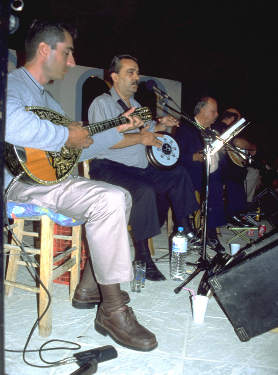
Rodamanthos, life in lithines, 2000
For those not so much interested in 'techical or analytical' detail:
One key to cretan music is the cretan landscape.
Listening to such music when walking or traveling through the hills intensifies the impression of both the songs and the landscape.Take a walkmen (preferably with rechargeable batteries) and some good headphones and listen to it in the cretan mountains, or at the sea, or under the marvelous cretan nightsky, to 'capture' your mood and then try to let the music take you back to crete when you're back home.
I will never forget sitting on a lonely beach on the eastcoast (1990ies), watching the moon rise, listening to "Sta Psemmata S'agapisa" ( STA YEMMATA S AGAPHSA)
by Milthiathis Skoulas.

HOME
CRETE
































